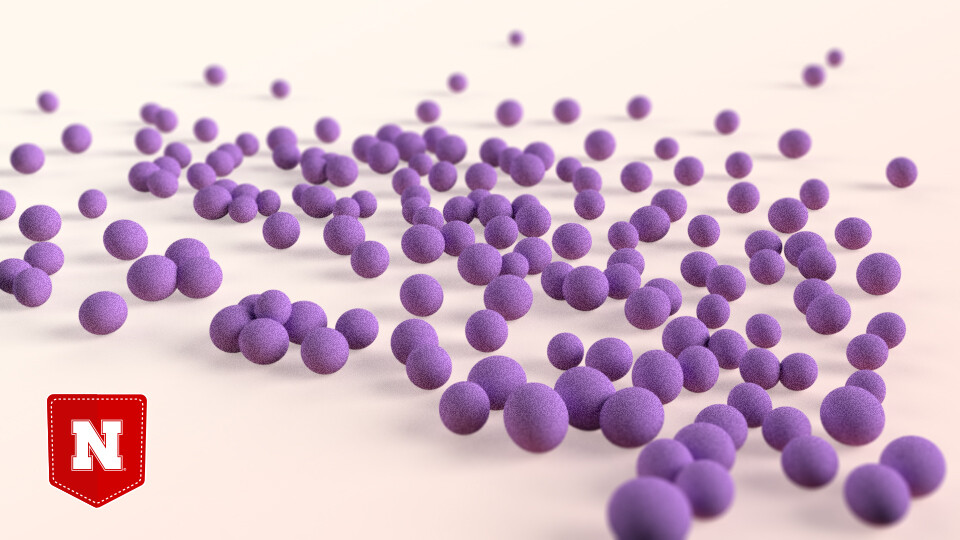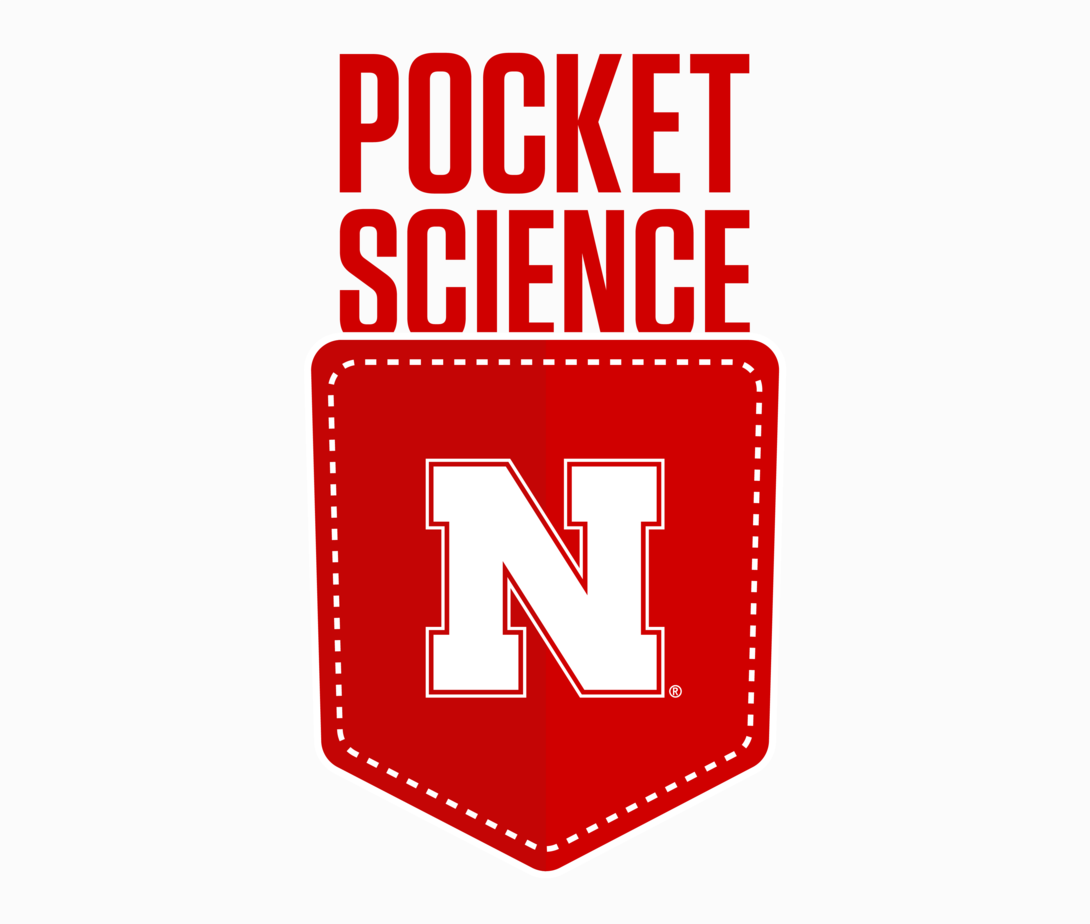
Welcome to Pocket Science: a glimpse at recent research from Husker scientists and engineers. For those who want to quickly learn the “What,” “So what” and “Now what” of Husker research.

What?
Antibiotics — the bacteria-killing compounds that many bacteria themselves produce when waging civil war — have saved at least hundreds of millions of human lives since the first type, penicillin, was introduced in the 1940s.
But bacterial species eventually evolve to resist even the most potent antibiotics, annually killing more than 35,000 people in the United States alone. One example: MRSA, which causes staph infection and now resists a number of antibiotics that once toppled it.
The emerging antibiotic WAP-8294A2 has shown promise for combatting MRSA. Unfortunately, the bacteria that produce it do so only in miniscule amounts and under specific conditions, slowing its development as a drug.
So what?
Nebraska chemist Liangcheng Du and colleagues recently devised a method for rapidly testing which factors — particularly the cultures in which bacteria are grown — most influence the level of antibiotics the bacteria will yield.

After using the method to optimize the nutritional and environmental conditions of WAP-8294A2 cultures, the team increased small-batch yields of the antibiotic by about 10-fold — and about 15-fold when scaling up the fermentation.
Now what?
The team’s screening method could accelerate the research needed to turn WAP-8294A2 into a market-viable drug, the researchers said, while also speeding the development of other antibiotics.







